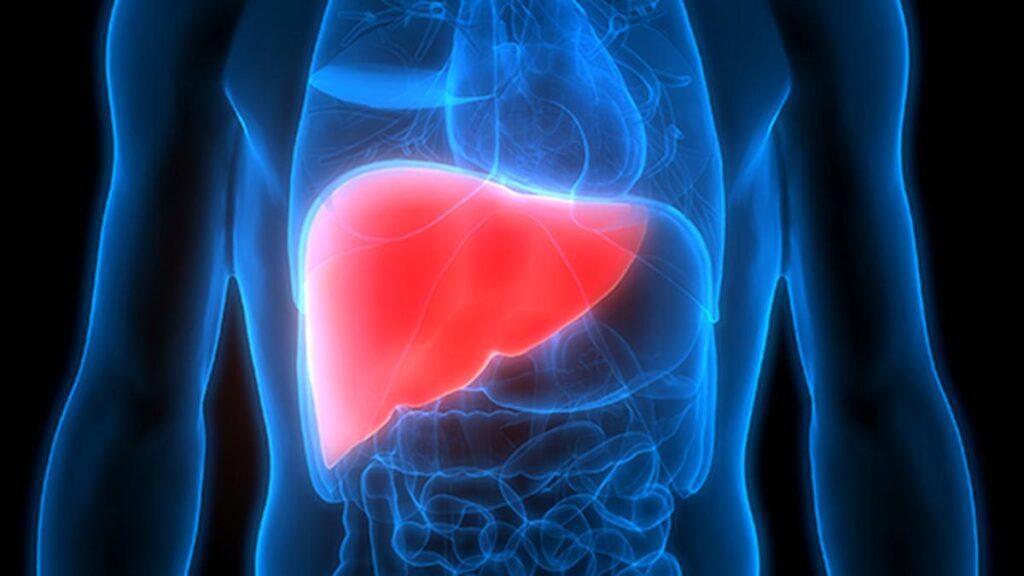
To maintain liver health, consider making simple yet effective changes, such as improving your diet, increasing physical activity, and reducing alcohol consumption | Image used for representational purpose only
| Photo Credit: Getty Images
Fatty liver disease is becoming one of the most common health issues in today’s fast-paced world. Once considered a concern mostly for older adults or individuals who consume alcohol excessively, fatty liver is now being diagnosed in younger people including teenagers and individuals in their 20s and 30s. Often, there are no warning signs in the early stages, making it a silent condition that can go unnoticed until it becomes more serious.

What is Fatty Liver Disease?
Fatty liver occurs when too much fat builds up in the liver. Normally, a small amount of fat in the liver is normal. But when fat makes up more than 5% to 10% of the liver’s weight, it starts to affect its function. There are two main types of fatty liver disease — Non-Alcoholic Fatty Liver Disease (NAFLD), that is not related to alcohol and is mainly caused by poor diet, obesity, and lack of exercise and alcoholic fatty liver disease that occurs due to excessive alcohol intake over time.
NAFLD is now the most common form, especially due to the rise in unhealthy diets, sedentary lifestyles, and increasing rates of obesity.
Who is at risk?
Fatty liver can affect anyone, but certain factors can raise the risk significantly. People who are overweight or obese are more likely to develop this condition, especially if they consume a diet high in sugar, processed foods, or unhealthy fats.
A sedentary lifestyle such as sitting for long hours with less physical activity can also be a risk factor. Individuals with type 2 diabetes, prediabetes, high cholesterol, or elevated triglyceride levels are at greater risk. Additionally, those with a family history of liver disease should be extra cautious, as genetics can also play a role in the development of fatty liver.
What’s concerning is that even young people with normal body weight can develop fatty liver if they follow an unhealthy lifestyle.

Symptoms to watch for
Fatty liver usually doesn’t cause any symptoms at first. As it gets worse, you might feel tired, have a heavy or full feeling on the right side of your belly, or notice weight gain that’s hard to lose.
In some cases, the skin or eyes may turn yellow. Regular check-ups and simple tests like liver function tests or an ultrasound can help diagnose it early.
Can fatty liver be reversed?
Yes, in many cases fatty liver can be reversed, especially if caught early. The liver is a unique organ with the ability to heal itself—but only if we give it a chance.
Steps to a healthier liver
Taking care of your liver starts with simple lifestyle changes. Begin by improving your diet—cut down on sugar, refined carbs, and fried or processed foods. Instead, choose high-fiber options like fruits, vegetables, and whole grains, and go for healthy fats and lean proteins. Regular physical activity is key—try to get at least 30 minutes of exercise most days, including strength training.
Maintaining a healthy weight is also important—even losing just 5% to 10% of your weight can help reduce liver fat. Avoid alcohol, as it can worsen fatty liver, even in small amounts. Lastly, managing conditions like diabetes, high cholesterol, and blood pressure with proper medical care can further protect your liver.
Why early action matters
If left unmanaged, fatty liver can lead to more serious conditions like non-alcoholic steatohepatitis (NASH), liver fibrosis, and eventually liver cirrhosis or even liver cancer. But with early detection and lifestyle changes, progression can be stopped—and even reversed.

A healthier liver, a healthier life
Fatty liver may be silent, but it’s your body’s way of warning you that something needs to change. Simple lifestyle choices like eating better, moving more, and cutting back on alcohol can go a long way in keeping your liver healthy.
If you haven’t had a check-up in a while or if you feel constantly tired or bloated, speak to your doctor. Taking care of your liver today means protecting your health for years to come.
(Dr. Swati Raju is a consultant in Medical Gastroenterology, Hepatology, and Transplant Hepatology, Kauvery Hospital, Vadapalani. She can be reached at [email protected])
Published – April 06, 2025 01:26 pm IST

